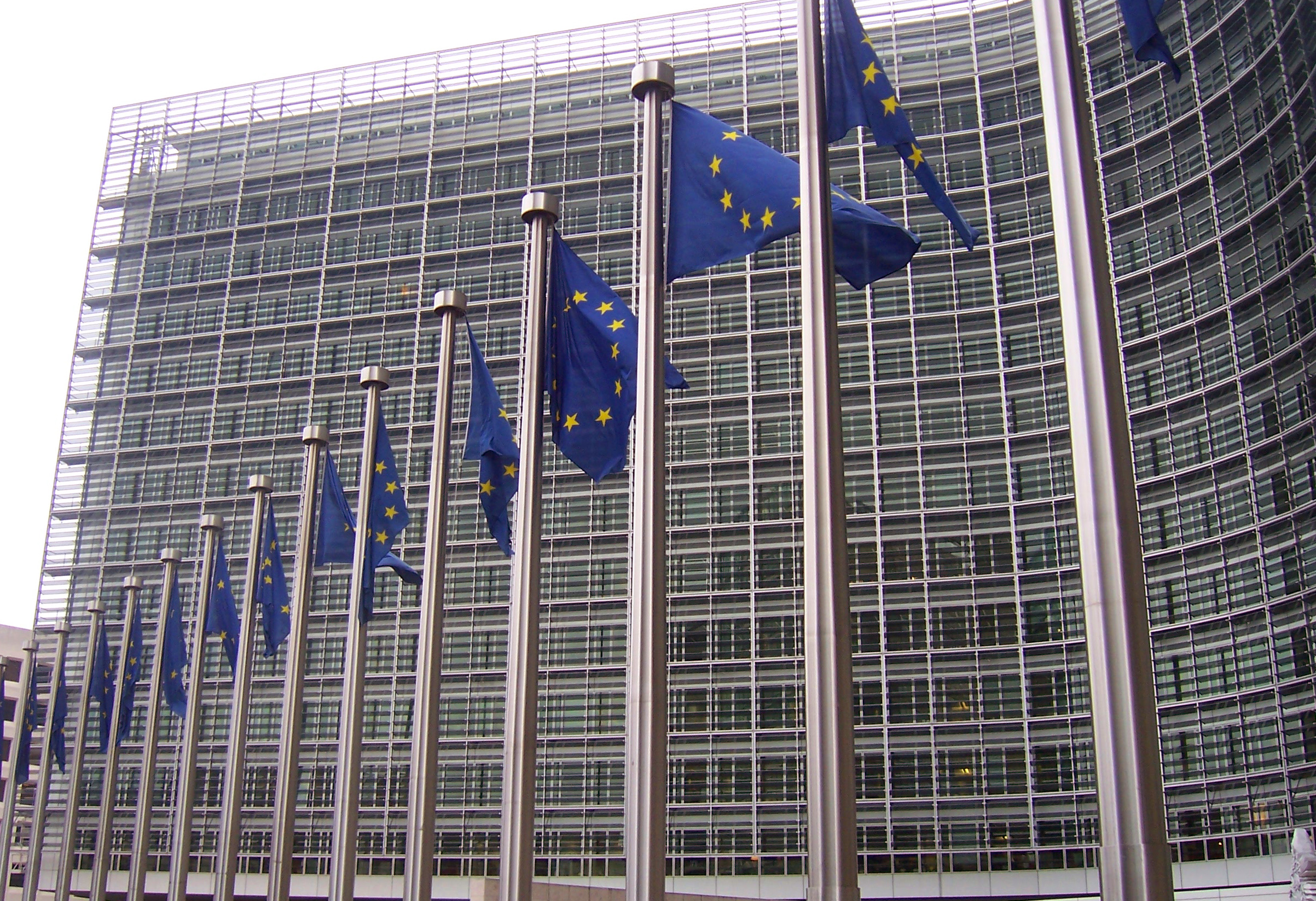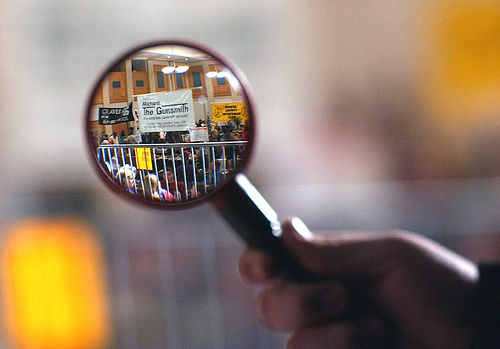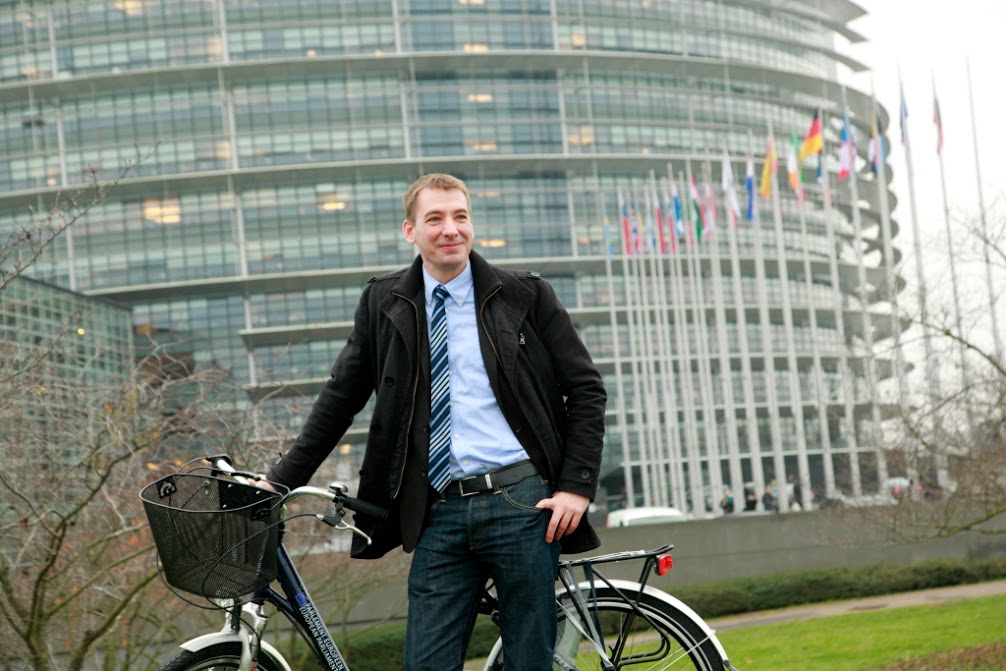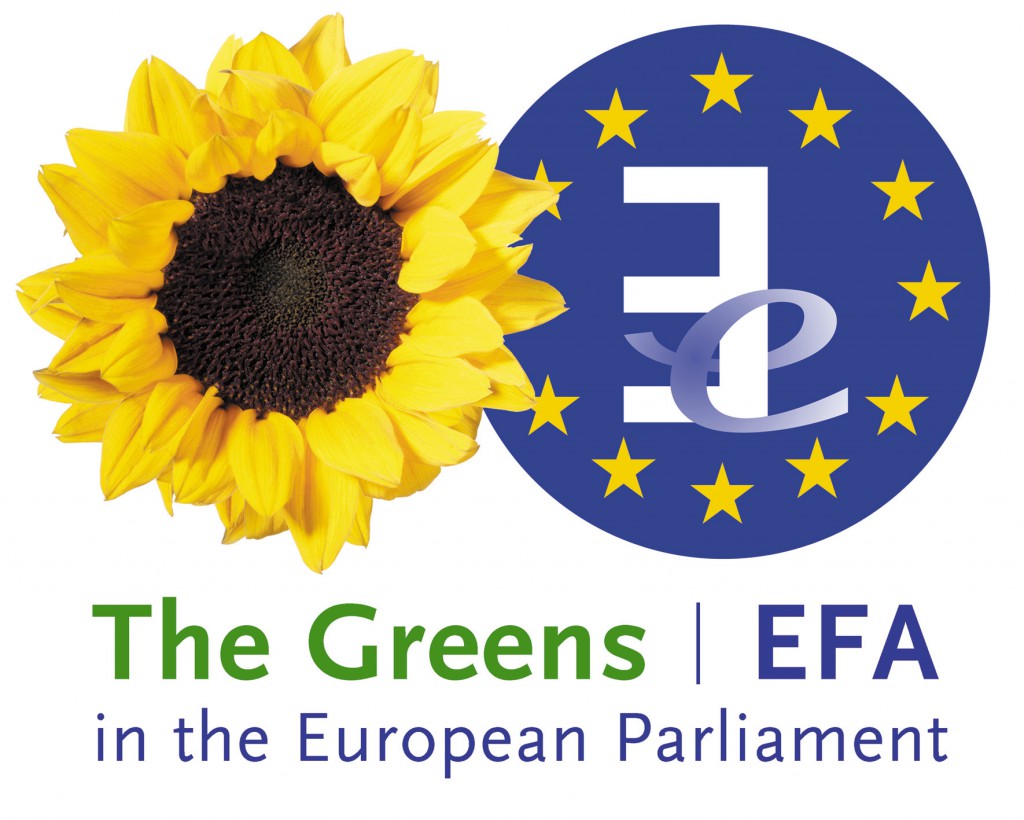To date, the final outcome of the Fitness Check of the Birds and Habitats Directives is not publicly available. However, the evaluation study to support the Fitness Check as well as the report on the open public consultation (which generated an unprecedented level of interest) already indicate some key findings:
The Birds and Habitats Directives are by far the most important component of the EU’s nature conservation policy framework. The Directives – if fully implemented – are effective in protecting the nature, fit for purpose, provide a balanced framework for taking into account the diverse interests of stakeholders while respecting nature conservation objectives. The benefits of implementing the Directives far exceed the costs.
The State of the Nature report clearly shows that Europe’s nature would be in a much worse state without the positive impact of the Nature Directives and that targeted and appropriately financed efforts genuinely produce positive result.
The Directives are making a major contribution to halting the loss of biodiversity and ecosystem services. However, the current efforts will not lead the achievement of EU biodiversity goals. Additional, substantial and continuous efforts are needed, as also called for in recent resolutions of European Parliament.
The infringement cases indicate that many Member States have not fully and effectively implemented the Nature Directives. The evaluation study clearly states that progress in implementation has been slower than anticipated in the development of site conservation measures, including management plans.
Factors that have constrained progress include the impacts of certain incentives and subsidies in other policy sectors, the degree of political support for the Directives, inadequate enforcement, inadequate stakeholder involvement, knowledge limitations, limited expertise and capacity of nature authorities and other actors involved in the implementation as well as inadequate financing.
The Directives must not be revised as it would create legal uncertainty and put any further progress in the state of species and habitats at risk. However, the implementation deficits need to be corrected.
With regard to the above, I am asking you personally and the Commission as a whole to focus on the following aspects to ensure full implementation of the Nature Directives:
- effective enforcement, full compliance
- policy integration
- biodiversity mainstreaming in the budget and targeted financing
- The evidence submitted to the Fitness Check of the Nature Directives makes it clear that EU enforcement action has been instrumental in improving the implementation of the Nature Directives. However, more action is needed to ensure full compliance.
The relevant national or regional authorities in various Member States of the EU are insufficiently equipped and resourced, resulting in huge inspection deficiencies – and continuously growing pressure on the biodiversity and the environment as a whole. The recently launched Environmental Implementation Review with country specific reports may provide a new tool for screening and detection of non-compliance– yet this will not result in the much-needed improvement of environmental inspections. Thus, the Commission should without any further delay propose a legally binding framework on environmental inspections, which would introduce minimum standards for environmental inspections in the Member States. Besides, more oversight capacities should be granted to the Commission, together with the use of a variety enforcement tools, including its own inspectors to investigate infringement cases.
Another crucial aspect in this regard is the improvement of access to justice. Member States often refuse access to justice to the public on the grounds that it is not explicitly stipulated in a particular legislation. Moreover, the EU itself is in breach of the Aarhus Convention as also flagged by a UN Committee as well as a number of NGOs: the current interpretation of the European Court of Justice is restrictive, blocking access of citizens and NGOs to the courts in cases where better implementation and enforcement is at stake. We need legally binding provisions ensuring access to justice at national level. To this end the Commission should without any delay propose an all-embracing Access to Justice Directive.
- Improved implementation of the existing environmental and nature conservation policies and of the Nature Directives in particular is key to addressing the continuing biodiversity degradation. However, this alone will not lead to achieving the EU2020 headline target of halting the loss of biodiversity and its ecosystems.
The directives work in conjunction with other EU environmental legislation, mutually affecting each other.
Inter alia, agricultural, energy and climate policies as well as all land use change and infrastructure developments have a huge impact on biodiversity. These policies must be adjusted – all environmentally harmful subsidies must be seized and the policies must be fitted with robust nature conservation and environmental safeguards to ensure that the developments do not undermine ecosystems and their services but rather help improve the status of species and habitats of European importance and the coherence of the Natura 2000 network.
Besides, there is much room for improvement regarding the Environmental Liability Directive. The recent evaluation of ELD shows that the transposition has not resulted in a common understanding and a level playing field but in a patchwork of liability systems. Member States keep misinterpreting key concepts such as environmental damage and thresholds. We need to counter any misinterpretation and improve the application of the liability legislation.
The nature conservation measures themselves can be designed in a way that these deliver benefits for various sectors and stakeholders. In this respect, large scale ecosystem restoration as well as a green infrastructure projects are key. In order to counteract and further fragmentation and loss of habitat connectivity, the Commission should present its Trans-European Network of Green Infrastructure (TEN-G) Initiative as soon as possible, by 2017 at the latest, as also requested by the European Parliament.
Member States and their authorities need technical assistance and capacity building in all the areas mentioned under points 1) and 2).
- The Commission should make sure that funding gaps for nature conservation arer closed and biodiversity is mainstreamed in the EU budget beyond 2020. Therefore the next Multiannual Financing Framework should contain biodiversity and nature conservation earmarks in each individual EU funding instrument, with particular attention to those of the common agricultural policy and the cohesion policy. Besides, we need dedicated funding stream to sufficiently cover biodiversity investment needs – this could imply the expansion of the LIFE programme (and the natural capital financing facility).
To conclude, I call on the Commission to come up with an Action Plan on the better implementation of the Nature Directives as soon as possible, by 2017 at the latest, containing all the elements listed above.
(Image source: birdlife.org)










